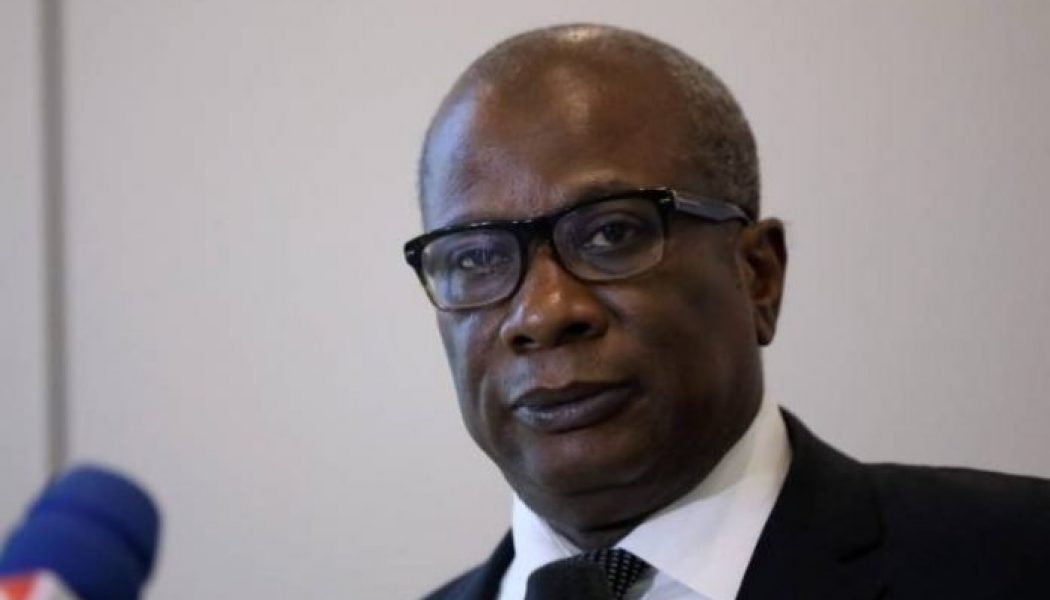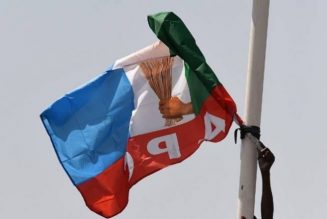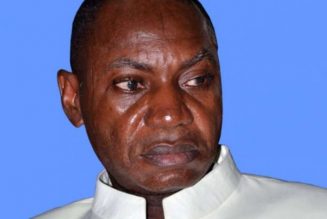
The United Nations estimated Tuesday that around $1 billion were needed to respond to the humanitarian crisis in northeast, where 5.1 million people are at risk of acute hunger.
Despite ongoing military operations to end a decade-long jihadist insurgency, the conflict continues to kill and force people from their homes.
“As many as 5.1 million people are threatened by acute hunger during the upcoming lean season – the worst outlook in four years,” the UN’s office for the coordination of humanitarian affairs said in a statement.
Nigeria’s humanitarian community, in partnership with the government, launched its Humanitarian Response Plan for 2021, requesting $1.0 billion to provide humanitarian assistance, up from $839 million last year.
In 2020, funding was severely affected by the Covid-19 pandemic, with only 55 per cent of the needed money secured.
This year, the funds are aimed at 6.4 million vulnerable people, the UN said, out of a total of 8.7 million people in need.
“Longstanding insecurity and violence, compounded by climate change, and the impact of Covid-19 are increasing the vulnerability of close to nine million people,” it added.
The UN’s humanitarian coordinator in Nigeria, Edward Kallon, said it was time to review the approach to the crisis.
“There are no humanitarian responses to a humanitarian crisis -– we can save lives and create hope, but we must look at holistic approaches that address prevention, development,” Kallon told reporters in Abuja.
The UN and aid agencies have recently said they were being directly targeted by jihadists, complicating the humanitarian response.










